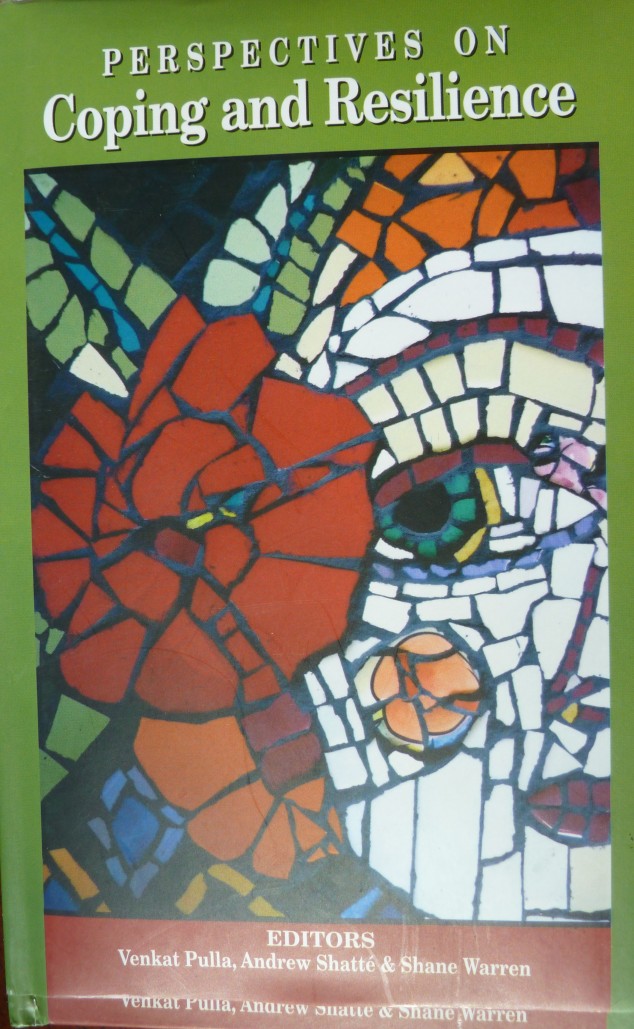We are so honored to have contributed to this book.
The curriculum used to train most psychiatrists and psychologists focuses on things that can go wrong. At Happiness 1st Institute, our interest is on what makes things go right. My passion is to find out what helps humans thrive and build bridges from wherever someone is to the information that will help them thrive in new and better ways. I have built bridges that help individuals who are not unhappy become far happier and to help individuals who have spent much of their life feeling depressed become happier than they had ever imagined was possible for them.
My passion is about helping people thrive.
Happy people are more resilient. Resilience is what allows someone to bounce back from a setback. The happiness I teach is not about always being really happy – it is about often being happy but ALWAYS knowing that you know the path to happiness so that even when life throws you something undesired you can have the confidence of knowing that you know the way – that returning to happiness is not only possible for you but a certainty.
Our emotional guidance system is one of the best tools to understand and use to ensure this return to happiness. Understanding our emotional guidance ensures a high level of resilience.
Last summer I was honored with a request from Dr. Venkat Pulla (Charles Sturt University – Australia) to contribute a chapter to a textbook type book on resilience. The book was subject to peer review. My chapter was accepted for inclusion in the final book. I feel truly honored and blessed by this experience. It is available on Amazon. The book is published by IRIS (International Resilience Institute – Sydney). The publisher is generously willing to donate copies to Universities and libraries. If you have a library or University that would like a copy please let me know.
First, I want to express my appreciation to Dr. Venkat Pulla for reading my blog and then inviting me to participate in this important work as well as for his guidance and encouragement during peer review. I would also like to thank the anonymous peer reviewers for their hard work, effort, feedback, and encouragement. I want to express my sincere thanks to my life partner, Phil, for supporting me while I took the time to write and respond to peer review of the chapter, to my eldest daughter, Courtney, who helped edit the chapter with her magnificent command of the English language, to my youngest daughter Ashley for her confidence in me. To my brilliant friend, Katherine Peil, my heartfelt appreciation for the scientific work she has done on the emotional guidance system. To my knowledge, she is the first scientist to document this extremely important sensory system and without her scientific efforts I do not believe the chapter would have passed peer review as I would not have had the science to support critical areas of the chapter. My thanks, also, to all the scientists and authors whose works I cited in the chapter for their efforts. If my contribution is helpful to humanity it is because I am standing on the shoulders of many giants.
To me this experience is one that can serve as an example to others that passion and perseverance can move mountains.

